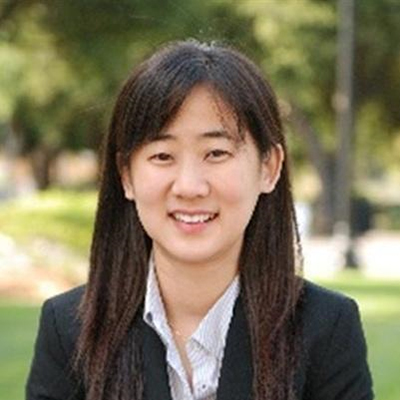Jin Hyung Lee, PhD, is an associate professor of Neurology and Neurological Sciences, Bioengineering, Neurosurgery, and Electrical Engineering (Courtesy) at Stanford University.
"I'm honoured to be a keynote speaker at MICCAI 2025,” said Dr. Lee. "I'm especially excited to present our work on brain function modeling and therapeutic design. It's an area where interdisciplinary collaboration is essential, and MICCAI offers the perfect forum for advancing this work.”
Professor Lee's keynote address titled "AI and the Future of Brain Health”, will focus on efforts that enable systematic design of therapeutic interventions necessary for the treatment of brain disorders.
"Neurological and psychiatric disorders are dramatically increasing in prevalence due to aging population and social isolation,” said Dr. Lee. "A key challenge is to quantify the brain function underlying behaviour to develop brain disorder treatments that restore the brain's function.”
In her keynote presentation, Professor Lee will outline a systematic approach to treating brain disorders by defining and minimizing the difference between normal and diseased brain function, using advanced tools like optogenetics combined with fMRI (ofMRI).
"Treating brain disorders can be approached like an engineering problem,” said Dr. Lee. "By defining brain function as a quantifiable algorithm, then systematically measuring and modeling it to design effective therapies.”
Dr. Lee will be presenting her keynote address today at 9:00 am in DCC1 Room 201/202 (Main Hall) immediately following the MICCAI 2025 Opening Ceremony.

Jin Hyung Lee, PhD, received her bachelor's degree from Seoul National University and her Masters and Doctoral degrees in Electrical Engineering from Stanford University. She is currently an Associate Professor of Neurology and Neurological Sciences, of Neurosurgery and of Bioengineering and, by courtesy, Electrical Engineering at Stanford University and the founder of LVIS. The Lee Lab uses interdisciplinary approaches from biology and engineering to analyze, debug, and manipulate systems-level brain circuits. This research draws on foundational concepts from diverse fields, including medical imaging, signal processing, genetics and molecular biology.